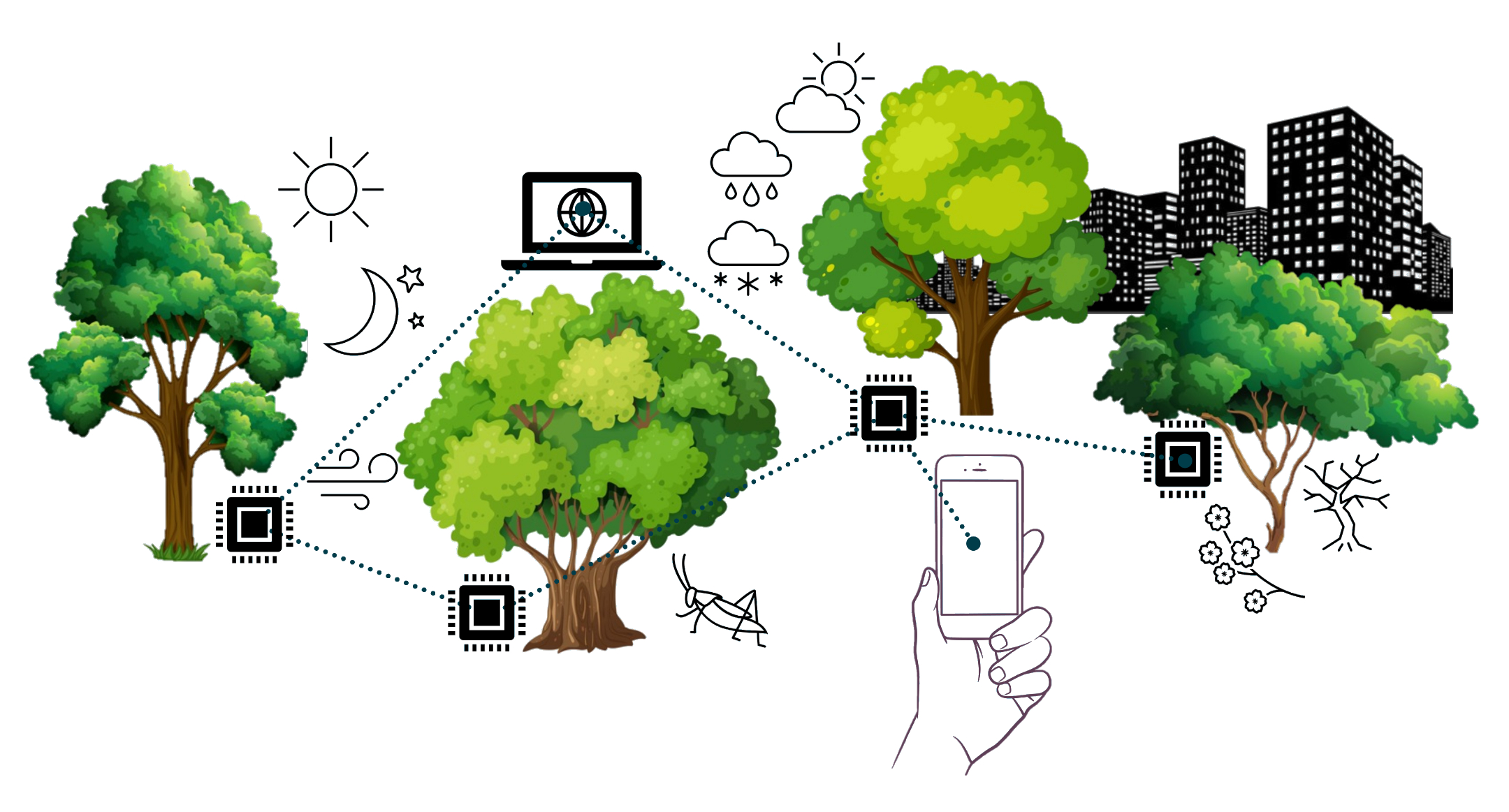
No need to fear automation
Robots that recognize emotions such as stress and boredom in their human counterparts and adjust their behaviour accordingly? Biohybrid networks of smart plants and computers to monitor air quality? Heiko Hamann's research team at the University of Konstanz develops and studies high-tech systems like these as part of two EU projects.
Rapid advances in robotics and sensor technology, and combining them with other high technologies – such as artificial intelligence – lead to increasing automation in almost all areas of life. This stirs up fears in many people, whether of being replaceable at work or of the fact that machines increasingly set the pace in our everyday lives. "Automation will undoubtedly continue to advance. But this does not mean that no one will find work in the future. However, there will be more people working together with robots," predicts Heiko Hamann.
Hamann is a roboticist in the Department of Computer Science at the University of Konstanz, where he recently was appointed professor of cyber-physical systems. One of his research goals: designing the interaction between humans and robots in such a way that robots adapt their mode of operation and speed to humans, not vice versa. People and the environment are the focus of Hamann's research, both in swarm robotics as well as in the development and research of complex networks of physical machines and the virtual world – called cyber-physical systems. Two current projects of the research team funded by the European Commission in the context of "Horizon 2020" are "ChronoPilot" and "WatchPlant".
ChronoPilot
ChronoPilot's vision is to develop robots that recognize and autonomously react to emotional states like boredom and stress in humans on the basis of physiological measurements. Motion sequences, for example, might be slowed down when someone is stressed, or sped up when they are bored. At the same time, the robots' actions and other stimuli aim to positively influence the time perception of their human counterparts. "We know from psychological research that our perception of time can be stretched or compressed by appropriate stimuli, such as moving objects or unexpected sounds," Hamann says.
The researchers in the ChronoPilot project want to take advantage of this. "Imagine working with several robots on a common task and not even noticing how your workday flies by, because the robots' behaviour and stimuli in your environment give you the feeling that time passes by much faster," Hamann gives as an example. In initial laboratory experiments, the researchers have already been able to show that people's subjective perception of time can actually change in this way when working with robots. The international project team of roboticists, computer scientists and psychologists in the ChronoPilot project is blazing a new trail in establishing subjective time as a modifiable factor in the field of engineering.
WatchPlant
The WatchPlant project, which is also highly interdisciplinary, is pursuing a completely different goal: Smart plants will be equipped with sensors to record environmental information that is then transmitted to a data collection point using wireless technology – for example, to monitor the air quality of a region. "To this end, we are developing measurement methods that enable us to make statements about the physiological state of the networked plants at any time. Artificial intelligence helps us to automatically and quickly match this information with existing data and draw conclusions about the plants' environment," explains Hamann. Such a network could not only serve the long-term collection of environmental data, but also as an early warning system that would independently sound the alarm in case of significant changes like increased pollution levels. In the long run, "citizen scientists" could even make their own garden plants available to the network as additional "measuring stations".
What challenges are there in the development of collaborative robots or biohybrid systems and what are further potential applications? Read the interview with Heiko Hamann in our online magazine campus.kn
